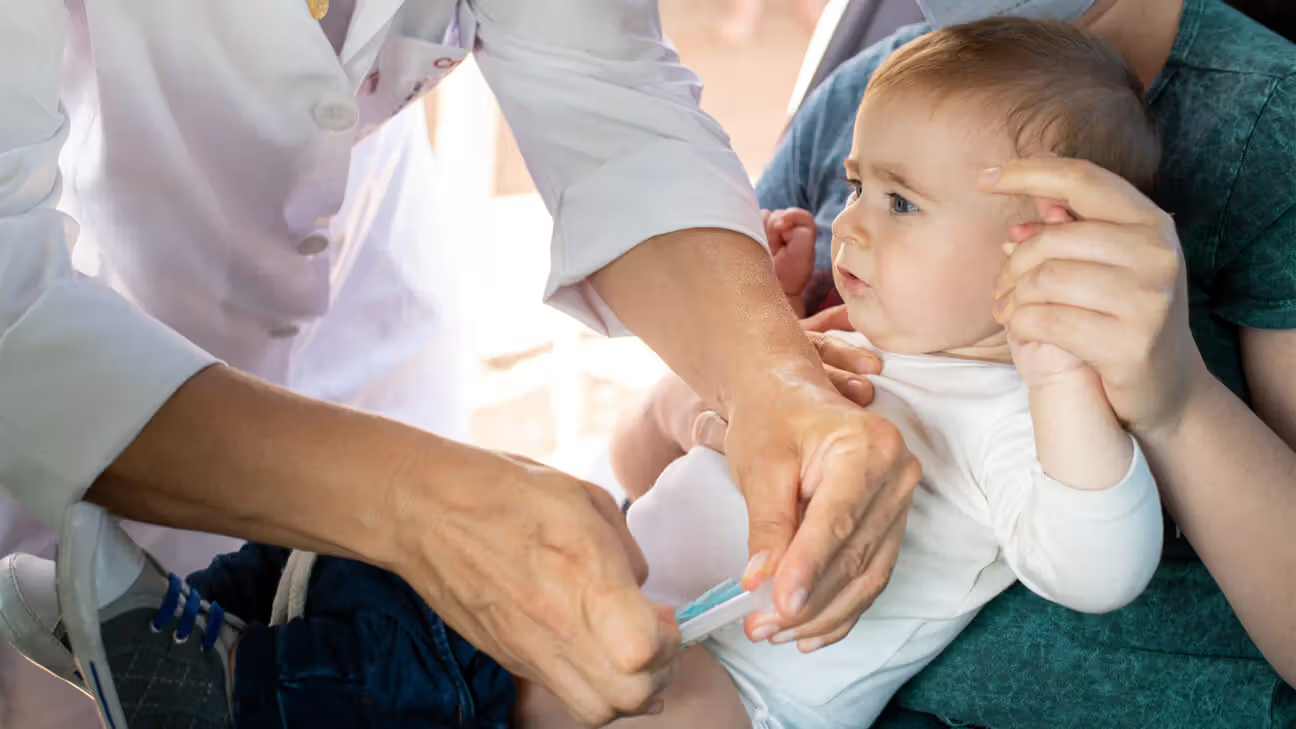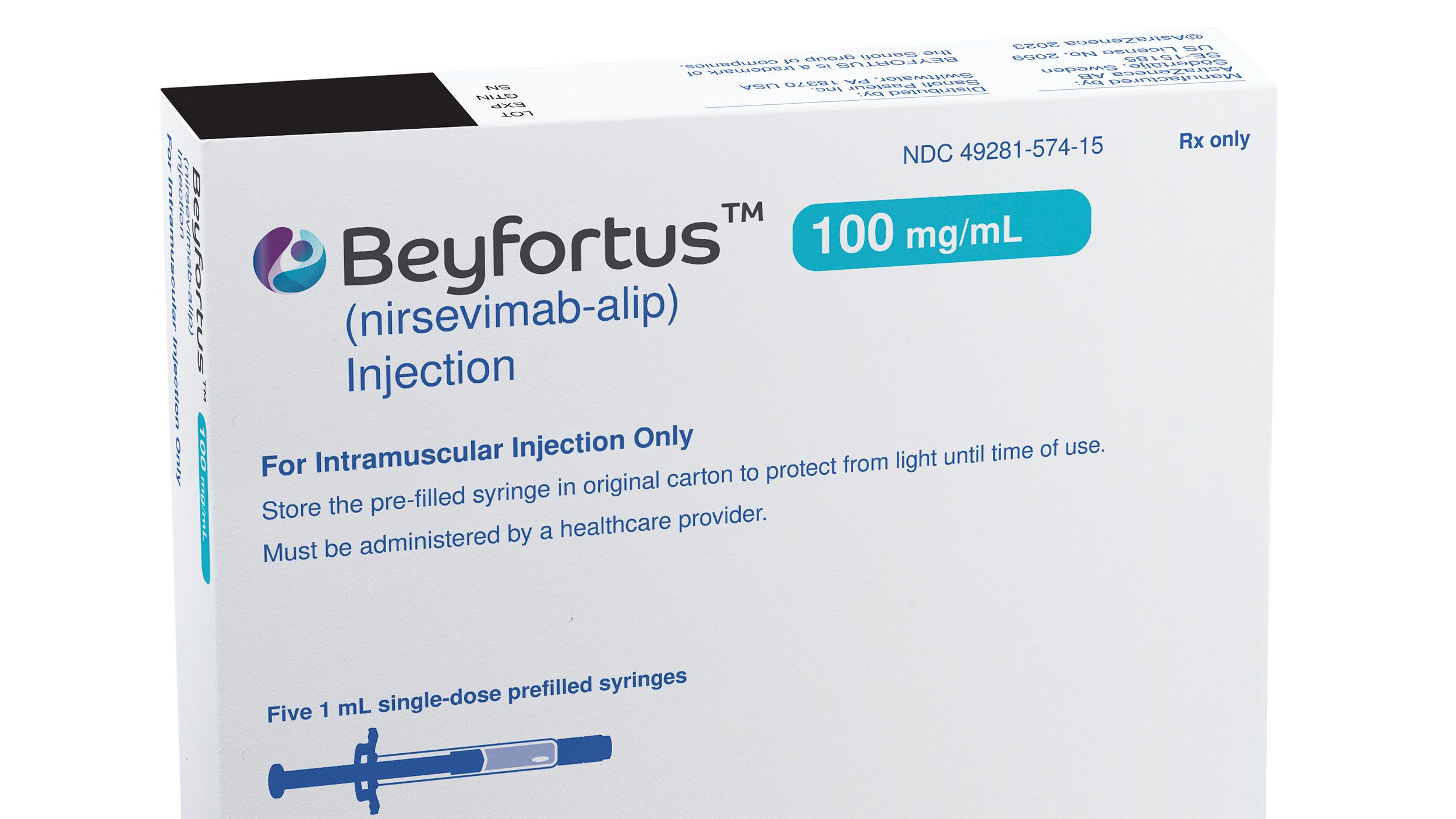This autumn, parents and pediatricians will gain a new tool to shield infants from a pervasive virus that frequently lands them in hospitals across the United States.
On Monday, the US Food and Drug Administration granted approval for nirsevimab, branded as Beyfortus, to safeguard newborns against respiratory syncytial virus (RSV).
Unlike vaccines that stimulate antibody production in the body, nirsevimab offers passive immunity as a pre-formed antibody. It binds to the virus, preventing it from infecting healthy cells without requiring the immune system to mount a response.
Nirsevimab is administered via a single injection before RSV season begins, typically peaking in fall and winter. Additionally, FDA approval permits a second injection for infants up to 24 months old who remain vulnerable through their second RSV season.
“RSV can cause serious disease in infants and some children and results in a large number of emergency department and physician office visits each year,” remarked Dr. John Farley, from the FDA’s Center for Drug Evaluation and Research.
“Today’s approval addresses the great need for products to help reduce the impact of RSV disease on children, families, and the health care system,” he emphasized in a news release.
The Advisory Committee on Immunization Practices (ACIP), which advises the US Centers for Disease Control and Prevention (CDC), is poised to finalize recommendations for nirsevimab’s use following draft guidance issuance.
Once endorsed by the CDC, nirsevimab will complement palivizumab (Synagis), currently used to protect premature infants under 6 months old during RSV season.
Unlike palivizumab’s monthly dosing regimen, nirsevimab’s stabilized formulation extends protection for four to six months and is suitable for all infants, including those born full-term.

“This virus can affect all babies, not just those with specific health conditions, including healthy infants,” noted Dr. Rachel Dawkins, medical director at Johns Hopkins All Children’s Hospital. She expressed enthusiasm for the preventive potential of nirsevimab.
Looking ahead, the FDA is also evaluating Pfizer’s vaccine for pregnant women to confer passive immunity against RSV to infants through maternal antibodies transferred via the placenta. This approach aims to protect newborns from birth, beneficial even if RSV outbreaks occur outside typical seasons.
As discussions progress, experts suggest that combining both maternal vaccination and nirsevimab administration may offer comprehensive protection against RSV in infants.
Clinical trials showed nirsevimab’s efficacy in reducing RSV-related doctor visits by approximately 70% and hospitalizations by about 78% compared to a placebo, according to FDA analyses.
Despite potential cost considerations associated with antibody therapies, healthcare providers emphasize the value of preventing RSV-related hospitalizations and complications. Infrequent side effects, such as skin reactions in less than 1% of infants, were manageable with treatment.
Dr. Frank Esper, a pediatric infectious disease specialist, highlighted the severe impact of RSV on infants, underscoring its role as a leading cause of hospitalization for young children.
RSV’s ability to cause respiratory distress due to inflammation in small airways can be life-threatening, necessitating hospitalization and supportive care for affected infants.
The approval of nirsevimab represents a significant step in pediatric healthcare, offering a new approach to protect infants from the serious consequences of RSV infection.
Ongoing discussions and future CDC guidance will shape how healthcare providers utilize this antibody therapy alongside existing preventive strategies to safeguard infant health against RSV.
